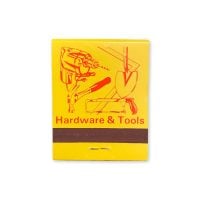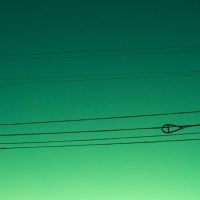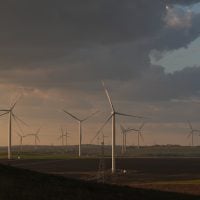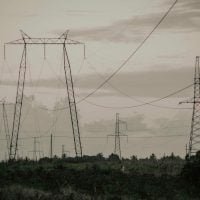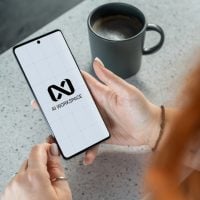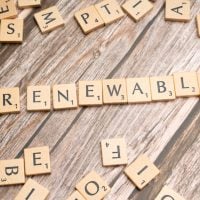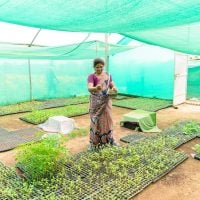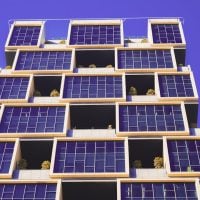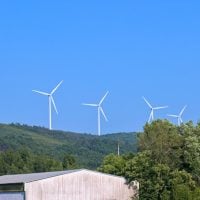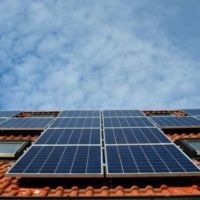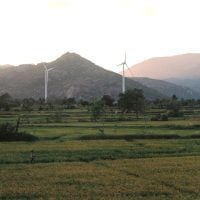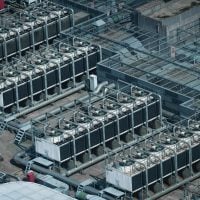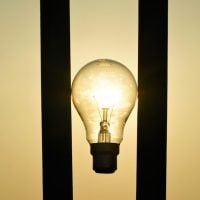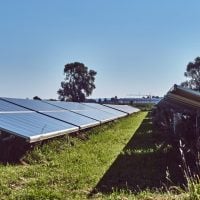Deadline: 29-Oct-2025
The 2025 Global LEAP Awards Solar Generator Competition seeks to identify and promote the best solar-powered generators for use in energy constrained settings, accelerating the global transition to high-quality, zero-emission power solutions.
The competition will feature: Rigorous laboratory testing according to the Solar Generator Test Method developed through VeraSol and conducted by an ISO-accredited test laboratory, real-world user testing in households, businesses, and institutions (as applicable) to evaluate usability, in-situ performance, and overall user experience, judging by a panel of sector experts using robust, transparent evaluation criteria and input from market and technology experts, $100,000 in innovation Prizes awarded to top-performing products across categories.
The nomination window opens on 8 October 2025 and closes on 29 October 2025.
Globally, 666 million people still lack access to electricity, and about 2.8 billion more live in areas with unreliable power supply. In these areas, diesel and gasoline generators are common backup power sources, which produce emissions that harm human health and worsen climate change. With more than 82.6 million diesel generators in use globally, there is a clear need for cleaner, scalable alternatives.
Solar generators, also referred to as “solar inverters,” “zero-emission generators,” “AC solar home systems,” and “power stations,” receive power from solar PV modules, store it in a battery, and provide electrical energy through AC and, in some cases, DC power outputs. These systems offer a sustainable, safer, and more cost-effective solution over time. However, due to the nascency of the technology, a robust consumer protection framework has yet to be established, leaving buyers and consumers to navigate the market on their own or continue to rely on polluting fossil fuel generators.
The competition, in partnership with the ZE-Gen program, invites all manufacturers and distributors of commercially available solar generators, not prototypes. Eligible products must be capable of powering typical electrical loads required by household and small commercial users and must include preconfigured key components sold together as a kit. Products designed exclusively for powering a single-purpose device, such as an e-bike, are not eligible.
To participate, products must be deployable and available for field evaluation in Nigeria by 15 January 2026, include a user manual and consumer-facing warranty policy, and not knowingly violate another’s intellectual property. PV input is mandatory, AC input is optional, and AC output is mandatory while DC output is optional. Systems must be compatible with grid electricity of 220-240 V, 50 Hz, and AC appliances, with certain 120 V, 60 Hz products considered if relevant. Grid-interactive systems are not allowed. Component size limits are specified for batteries, PV arrays, and inverters, and nickel-cadmium batteries are not accepted.
Participants must submit required documentation, including IEC 62109-1 and IEC 62109-2 test reports, battery safety documentation, battery specification sheets and safety data sheets, and AC-DC power supply safety documentation. Only products with complete documentation will advance in the competition, and early preparation is encouraged to avoid delays.
For more information, visit Efficiency for Access.

